Hepatitis B does not always have a cure, but about 95% of cases of acute hepatitis B in adults have spontaneous cure and most of the time there is no need to carry out the specific treatment, being only necessary to take care of the food, do not drink alcoholic beverages, avoid making efforts and moisturize properly, because the body's own defense cells can fight the virus and eliminate the disease.
However, approximately 5% of cases of acute hepatitis B in adults can progress to chronic hepatitis B, when the infection lasts for more than 6 months. In this case, the risk of serious liver injury such as liver cirrhosis and liver failure, for example, is high and the chances of cure are minimal because the body could not fight the hepatitis B virus and it remained in the liver.
Who can develop chronic hepatitis B
There is a greater risk of children infected with the hepatitis B virus developing the chronic form of the disease, and the younger the risk. Newborn babies who have been contaminated by the mother during pregnancy or childbirth are the ones who have the most difficulty in eliminating the virus.
Thus, children and adults with chronic hepatitis B need a more specific treatment indicated by the hepatologist that can be done with antiviral drugs like Interferon and Entecavir, for example.
Watch the following video on how eating can help heal:

How to Confirm Hepatitis B Cure
After 6 months of treatment, confirmation of cure of hepatitis B can be done through blood tests that reveal high amounts of ALT, AST, alkaline phosphatase, gamma GT and bilirubin.
However, not all patients who develop chronic hepatitis B (especially children) achieve cure and may have complications in the liver such as cirrhosis or cancer and in these cases, liver transplantation may be indicated. In this case, the best way for pregnant women to protect their babies is to perform prenatal care.
See too:
- Hepatitis C has a cure
- Symptoms of hepatitis B
-
Learn about the treatment and risks of hepatitis B in pregnancy





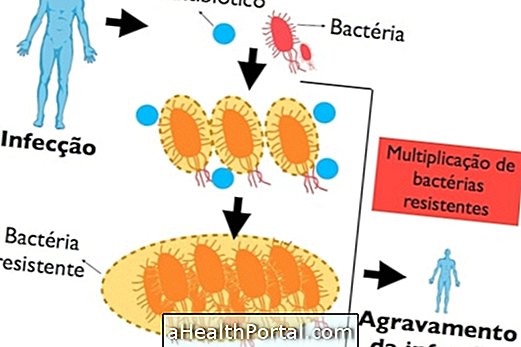




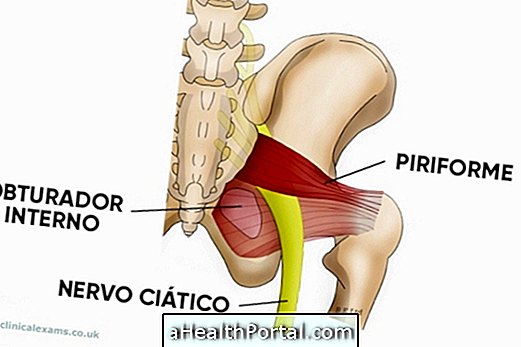

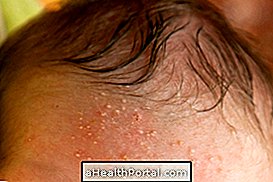
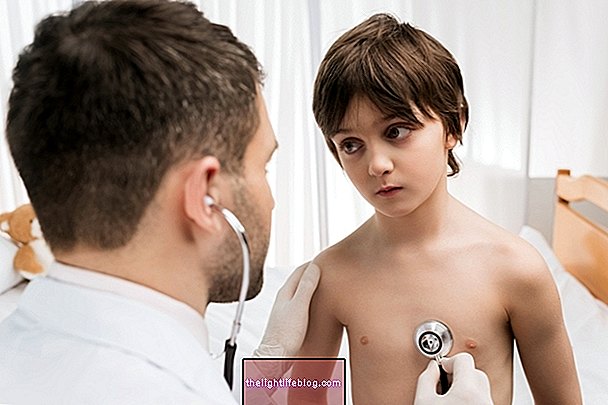


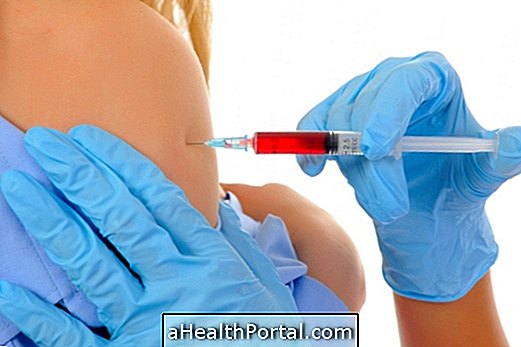
.png)


